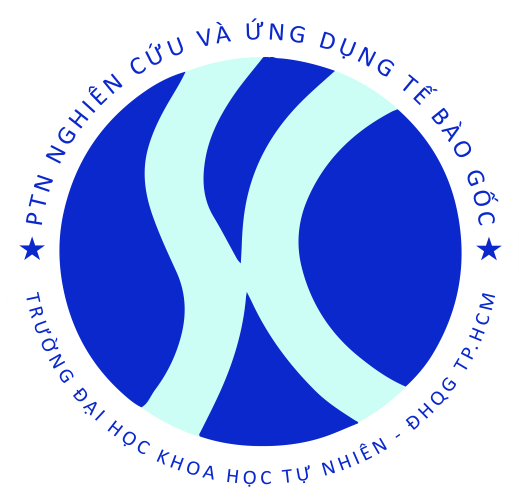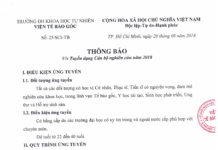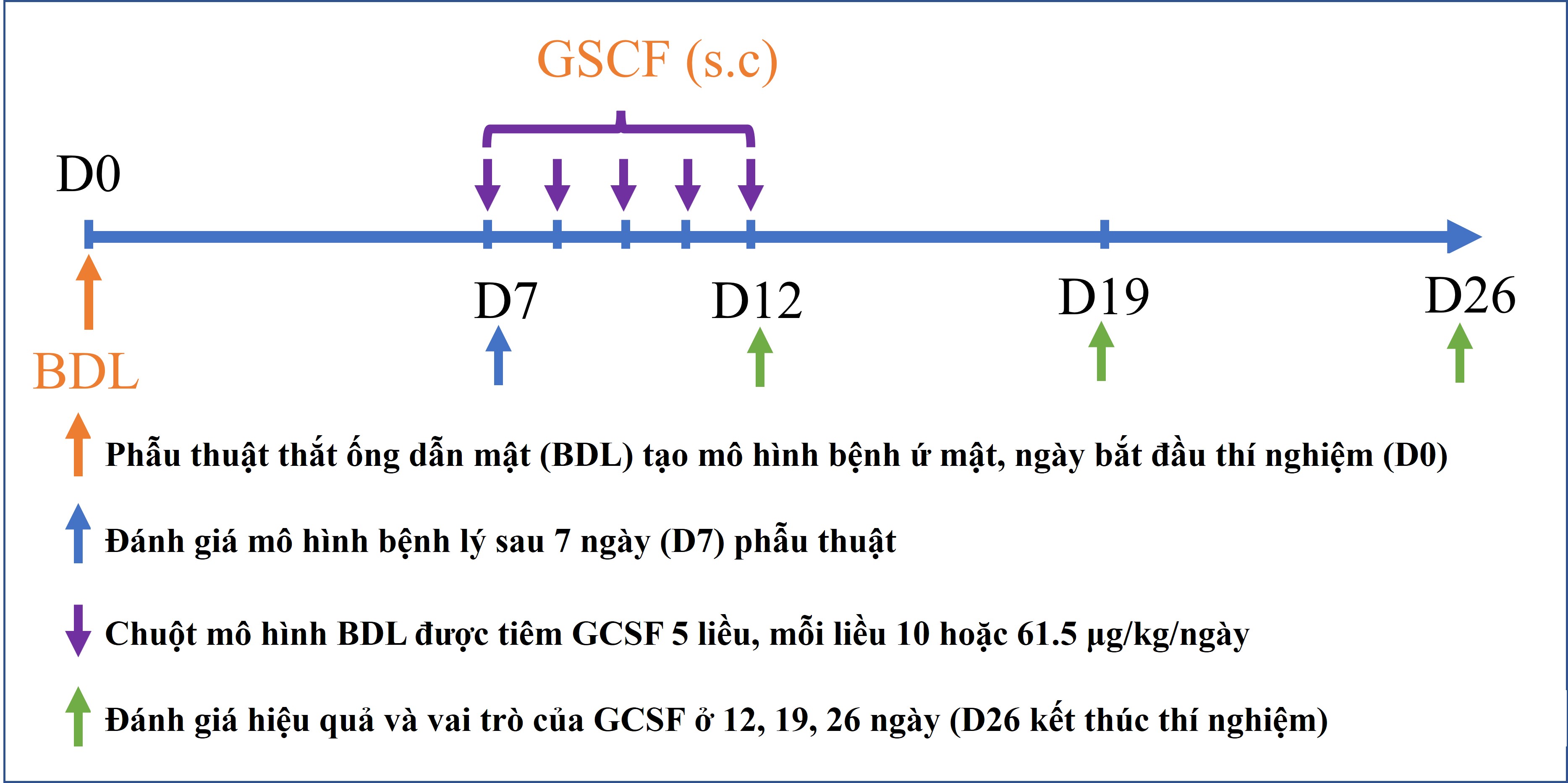Ginsenoside F2 induces apoptosis accompanied by protective autophagy in breast cancer stem cells
- Trang Thi Maia, d,
- JeongYong Moona, d,
- YeonWoo Songa, d,
- Pham Quoc Vietb, d,
- Pham Van Phucb, d,
- Jung Min Leec, d,
- Tae-Hoo Yic, d,
- Moonjae Chod,
- Somi Kim Choa, d
- a Faculty of Biotechnology, College of Applied Life Sciences, Jeju National University, Jeju 690-756, Republic of Korea
- b Laboratory of Stem Cell Research and Application, University of Science, Vietnam National University, Ho Chi Minh, Viet nam
- c Department of Oriental Medicinal Materials and Processing, College of Life Science, Kyung Hee University, Gyeonggi 446-701, Republic of Korea
- d Department of Medicine, Medical School, Jeju National University, Jeju 690-756, Republic of Korea
Abstract
Ginsenoside F2 (F2) was assessed for its antiproliferative activity against breast cancer stem cells (CSCs). F2 induced apoptosis in breast CSCs by activating the intrinsic apoptotic pathway and mitochondrial dysfunction. Concomitantly, F2 induced the formation of acidic vesicular organelles, recruitment of GFP-LC3-II to autophagosomes, and elevation of Atg-7 levels, suggesting that F2 initiates an autophagic progression in breast CSCs. Treatment with an inhibitor of autophagy enhanced F2-induced cell death. Our findings provide new insights into the anti-cancer activity of F2 and may contribute to the rational use and pharmacological study of F2.
Keywords
- Apoptosis;
- Autophagy;
- Breast cancer stem cells;
- Ginsenoside F2
http://www.sciencedirect.com/science/article/pii/S0304383512001000





